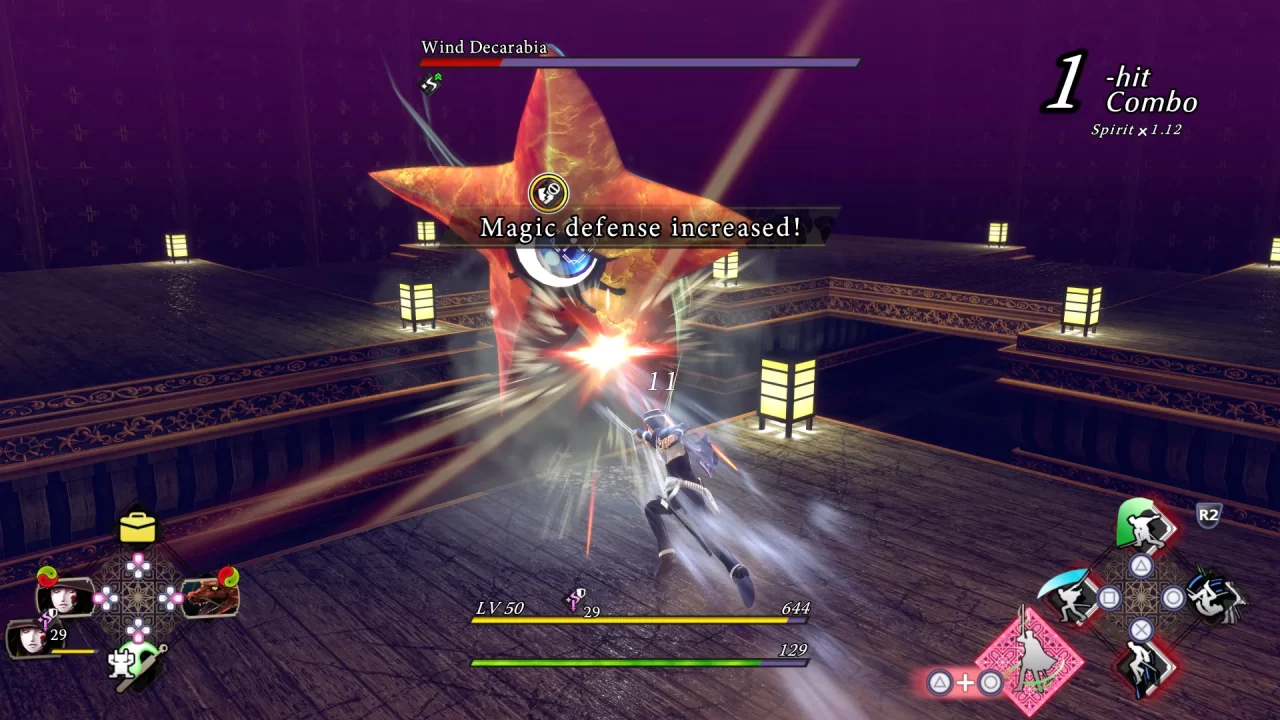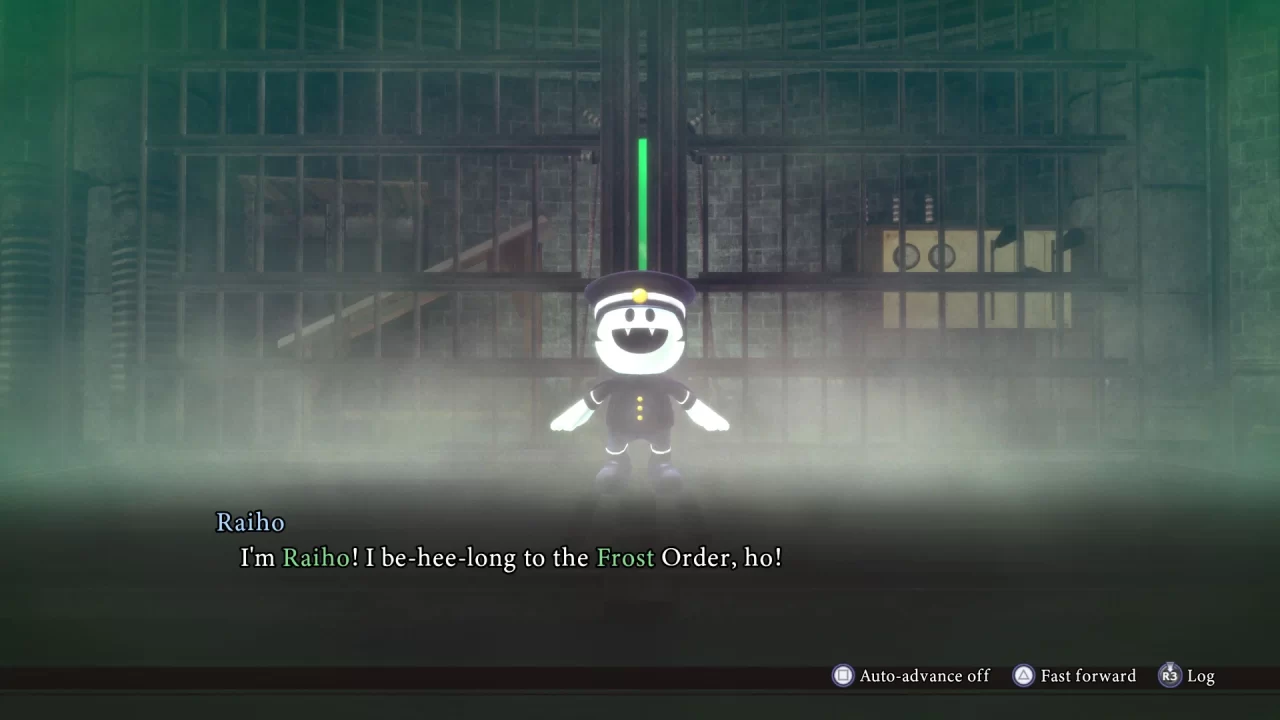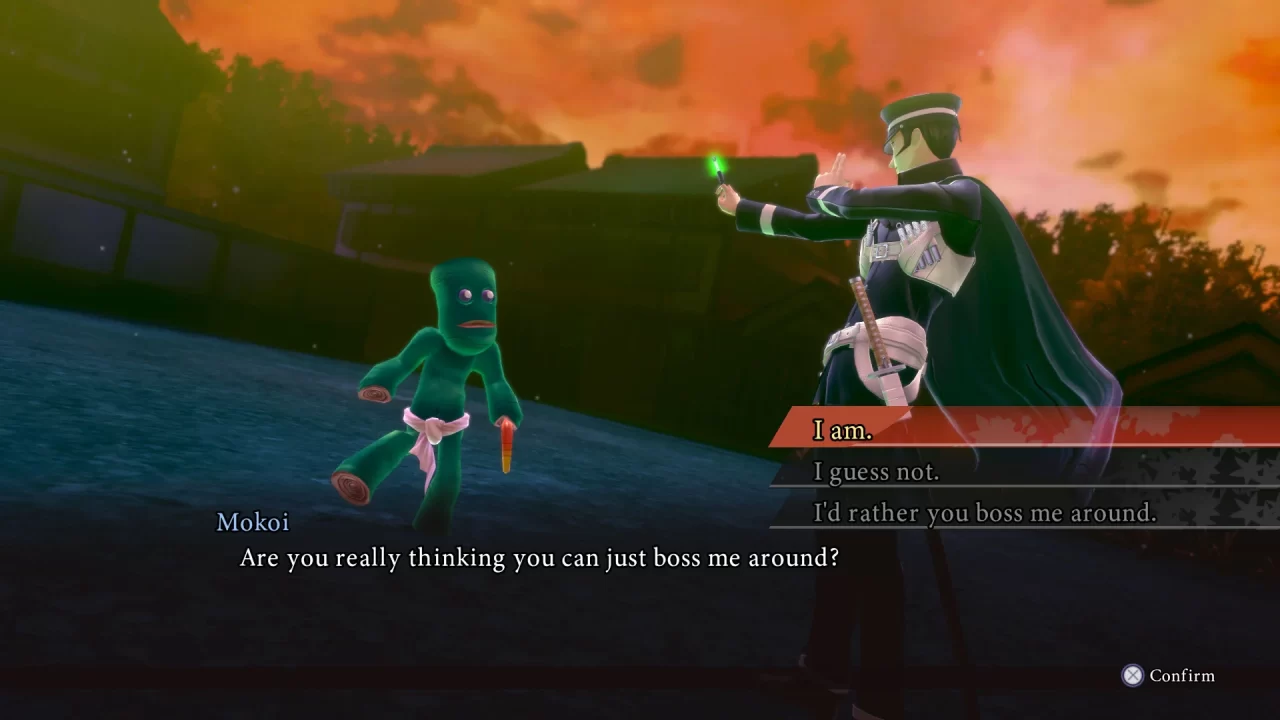As someone who grew up with RPGs, I’ve long championed remasters of forgotten titles, especially now that most classic games are no longer accessible on modern platforms. Reviving lost titles has never been more important. Enter RAIDOU Remastered: The Mystery of the Soulless Army, one of the best examples of how to do it right. Thankfully, Atlus has delivered an excellent version of the game, though the source material is rather dated at this point.
Originally released in 2006 for the PlayStation 2, Devil Summoner: Raidou Kuzunoha vs. the Soulless Army was an experimental spinoff of the broader Shin Megami Tensei series. Set in an alternate-history Taishō-era Japan, the game stars Raidou Kuzunoha XIV, a detective and Devil Summoner who must protect the Capital from supernatural threats. Right from the start, the classic Shin Megami Tensei influence is unmistakable. There is a level of mystery and intrigue here amplified by the detective story and film noir aesthetic.
The story, setting, and core characters remain untouched in this remaster; nevertheless, the updated graphics help elevate the overall atmosphere. The gameplay, however, is much different from the original. Unlike most Shin Megami Tensei games, RAIDOU Remastered is an action RPG with mostly real-time elements. As mentioned in Scott Clay’s preview, random encounters are gone, perhaps the most welcome change for a game of this style. I generally don’t mind random encounters in turn-based games, but they’ve always felt out of place in ARPGs.
You control Raidou directly on a small battlefield, and encounters are always instanced rather than in seamless environments. You can use basic attacks, perform combat skills, fire your gun, or dodge-roll to avoid incoming attacks, all in real time. Much like the Press Turn system in other Shin Megami Tensei games, targeting an enemy’s weakness stuns them for a significant amount of time.
One notable change is the ability to have two demons on the field. This is particularly helpful for managing large groups of enemies during the more chaotic battles. This version also introduces jump attacks, which add a new dimension to the combat. Although I did not use them often, they’re a welcome feature that adds spice to the gameplay. Combined with Raidou’s improved responsiveness, these changes create a more satisfying battle system overall.
Demon interaction goes beyond combat in this game. Through investigation skills, certain demons can uncover hidden items, reveal secrets, or provide access to areas that are otherwise off-limits. My favorite feature is the ability to read the minds of NPCs so you gain valuable insight and understand the true motives of different characters. Demons also play a role in story progression, as you have to use certain skills to solve cases.
As with most Shin Megami Tensei titles, RAIDOU Remastered includes a full demon fusion system. With the addition of over 50 demons in this version, the roster is as feature-complete as the game’s contemporaries. Demon negotiation, on the other hand, remains as barebones as ever. Your choices during recruitment are almost meaningless, as success is essentially guaranteed if you have enough MAG and meet the required level.
Atlus always delivers with the music, and RAIDOU Remastered is no exception. As a fan of Shoji Meguro’s original work, I didn’t think that the soundtrack needed a remaster, but it’s a neat addition nonetheless. What surprised me the most, though, is the addition of voice acting. Nearly the entire story is fully voiced, and there is a level of effort and quality here that you typically only see in a complete remake.
Thanks to all of these quality-of-life changes, RAIDOU Remastered is one of the most impressive remasters I’ve seen from Atlus. But does the game itself still hold up? That’s where I find myself a bit conflicted. Unfortunately, the reality here is that the core game has not aged well and there’s only so much you can do to cover that up.
The story consists of episodes, most of which follow a fairly predictable pattern: investigate a strange case, complete a series of errands, and eventually unlock a dungeon. Despite RAIDOU Remastered’s short length, I found that its structure quickly wore out its welcome. In particular, the constant reliance on fetch quests often kills the momentum. You frequently travel back and forth across the same handful of maps just to talk to the same handful of NPCs over and over again. More often than not, Raidou felt like an errand boy rather than a detective.
Further, the pacing issues became more apparent because I spent half the story doing fetch quests. The story in RAIDOU Remastered is backloaded, with most of the main events occurring in the final episodes. Considering the short runtime, I would have appreciated more exposition in the first half. The other issue here is that certain episodes seem disjointed, and some events happen almost randomly without cohesion. With that said, the plot does get interesting towards the end, and many of my concerns became resolved before the conclusion.
Compared to more modern Atlus titles, the characters in RAIDOU Remastered tend to supplement the plot rather than drive it. Character development takes a backseat to the overarching narrative, and many feel more like a means to an end than fully realized individuals. One notable exception, however, is your cat, Gouto. He serves as both comic relief and your guide through the story, delivering frequent witty remarks throughout your journey. In fact, if you don’t have enough yen to fast travel, he will even pay your fare, though he’s always annoyed about it. Funnily enough, this feature later carried over to Morgana in Persona 5.
As with any remaster, the most important question is whether this game is still worth playing today, especially for newcomers. I’m of two minds about this. If you’re a hardcore Shin Megami Tensei fan, you should absolutely pick this up, whether or not you’ve played the original. There’s enough content to make RAIDOU Remastered a must-buy. However, if you’re only familiar with Atlus’s more modern titles or are new to the series in general, I do have some reservations. While the remaster does an excellent job of preserving the game’s unique atmosphere and charm, it still retains some rough edges that might turn away modern fans.
RAIDOU Remastered somehow manages to thread the needle of creating a more polished version of a cult classic without compromising the mysterious, singular identity that made it memorable in the first place. It succeeds in offering new content that enhances the overall experience, all while honoring the original’s legacy. I can only hope Atlus will continue this effort.





